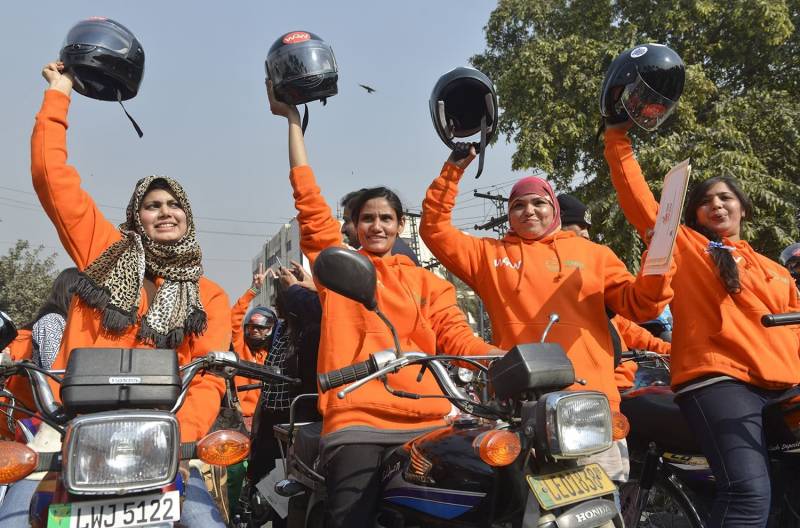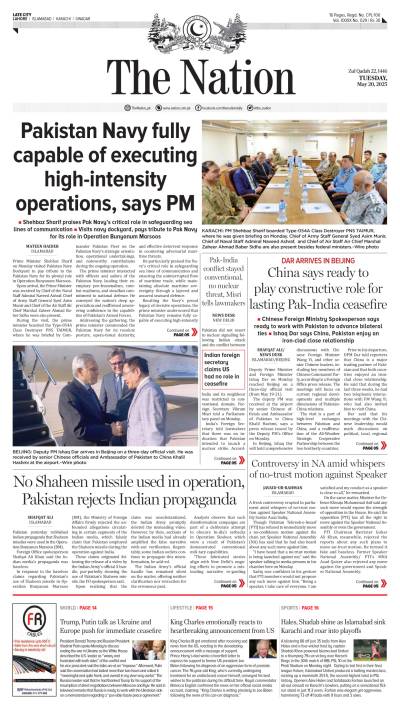It was in 1890s, when bicycle was regarded as an emancipating endeavor that endorsed individual mobility culture, personal empowerment and independence among women. The two-wheeler helped in late nineteenth century’s woman suffrage movement for extra liberty and the utmost right to vote and to stand for electoral office.
An American social reformer, feminist and suffragette leader Susan B. Anthony in 1896 expressed her views about women’s bicycling as follows:
“I think it has done more to emancipate women than anything else in the world. I stand and I rejoice every time I see a woman ride by on a wheel.”
At that time, many activists identified pedaling as an innovative gizmo to keep momentum and inspire women’s rights since it generated some gender egalitarianism. Women cycling practice challenged conventional societal norms, religious concerns and triggered a public morality and ethical outrage. The conservative segments of Victorian Era harshly voiced their disapproval and deplored bicycle riding as disgrace of women's health and morality. It was the two-wheeled vehicle that fueled the popular discontent over corsets and women’s flared skirts; consequently, the dresses of progressive era (1890s to 1920s) led to the use of ‘bloomers suit’ and advocated a rational clothing movement – Victorian dress reform movement.
Despite all the hue and cry, the cycling bestowed women with an avant-garde equipment that changed the conservative array of formal and informal codes and paved path for early feminism. It rescued female populace from the cultural constraints and restrictions they had always faced. An American pulp fiction magazine The Munsey in its 1896 publication categorically wrote"
“To women, it was a steed upon which they rode into a new world."
Although it is now more than a century, but women in third world countries - particularly in Muslim countries such as Pakistan - are still dealing with numerous societal illnesses, social stigmas and cultural taboos. One such unthinkable subject is woman on wheels – riding a bicycle or a motorbike is definitely an ‘unladylike’ act that challenges male dominated societal norms. To change the decades-old perception and to curb gender stereotypes Punjab Government took a huge step by training 150 Pakistani women motorcyclists. In addition, the provincial government vowed to give 1,000 pink scooties to working women and female students at a 50 per cent subsidised rate and on installments under the WoW (Women on Wheels) project.
Last year, University of Agriculture Faisalabad (UAF) launched a programme to provide five hundred bicycles to female students and in its first phase 100 bicycles were distributed among the students. Considering accessibility and comfort, bicycle and scooty is a good remedy as well as a best alternative to overly crowded public buses for shuttling to desired destination. Encouraging women by giving them their own means of mobility is a milestone towards women participation in development process and prosperity at national level as well as it’s an integral tool to eradicate gender discrimination, propel women’s rights, defy old societal customs, and safeguard effective role of 49.2% female population in all segments of economy.
However, this step is more or less unacceptable for those who strongly believe in rigid patriarchy. Numerous objections and arguments - for instance, road safety and protection for a lone woman motorcyclist - religious concerns, morality and vulgarity have been propelled against the drive. Interestingly, these are almost the same niggles that I have mentioned above – Victorian Era’s qualms and opposition against women cycling.
Unfortunately, we are still living with such an outdated mindset that doesn’t want to allow a woman the right to choose or set her life'w priorities. Truth be told, women independence would critically flout the power of patriarchal system that endorses forced marriages, domestic violence, honor killings, sexual harassment, forced feticide and infanticide to name a few. Prohibiting women’s free mobility is a way of reinforcing male supremacy, thus creating space for archaic notion of male control of financial security and physical safety.
Perhaps the endeavors like Women on Wheels can endanger conformist dogmas and rituals regarding public space. It can give enough confidence to women to parley the area landscape on their own terms by postulating new public existence on the roads, in the homes and workstations. The strong support for women’s free mobility is a sign of progress to redesign the public space for women purposes to enter all walks of life and to throw down the gauntlet of older beliefs of suppressed domesticity and male-dominated places in public sphere.
Simply put, the utmost effect of Women on Wheels will be, I believe, the breaking down of several barriers crafted by the partiality, male chauvinism and irrational thought of old philosophies; it will eventually empower female population, making them self-supporting, enabling them to make their own decisions independently and less dependence on family’s male members. The scooty initiative will motivate the women of backward areas of the country to avail the chance to enter far flung educational institutes, workplaces, to have professional training and business opportunities in small period of time.
I hope WoW will serve as a catalyst in moulding public opinion and encourage Pakistani women participation in fundamental areas of activities for significant contribution to economy by using their potential, aptitudes, intelligence and capabilities. In the near future, it will be regarded as a tool for changing perception, emancipation and individual identity.
Last but not least, I hope the initiative of WoW will be introduced in all provinces and it will gain full fledged momentum throughout the country in a short time frame.






